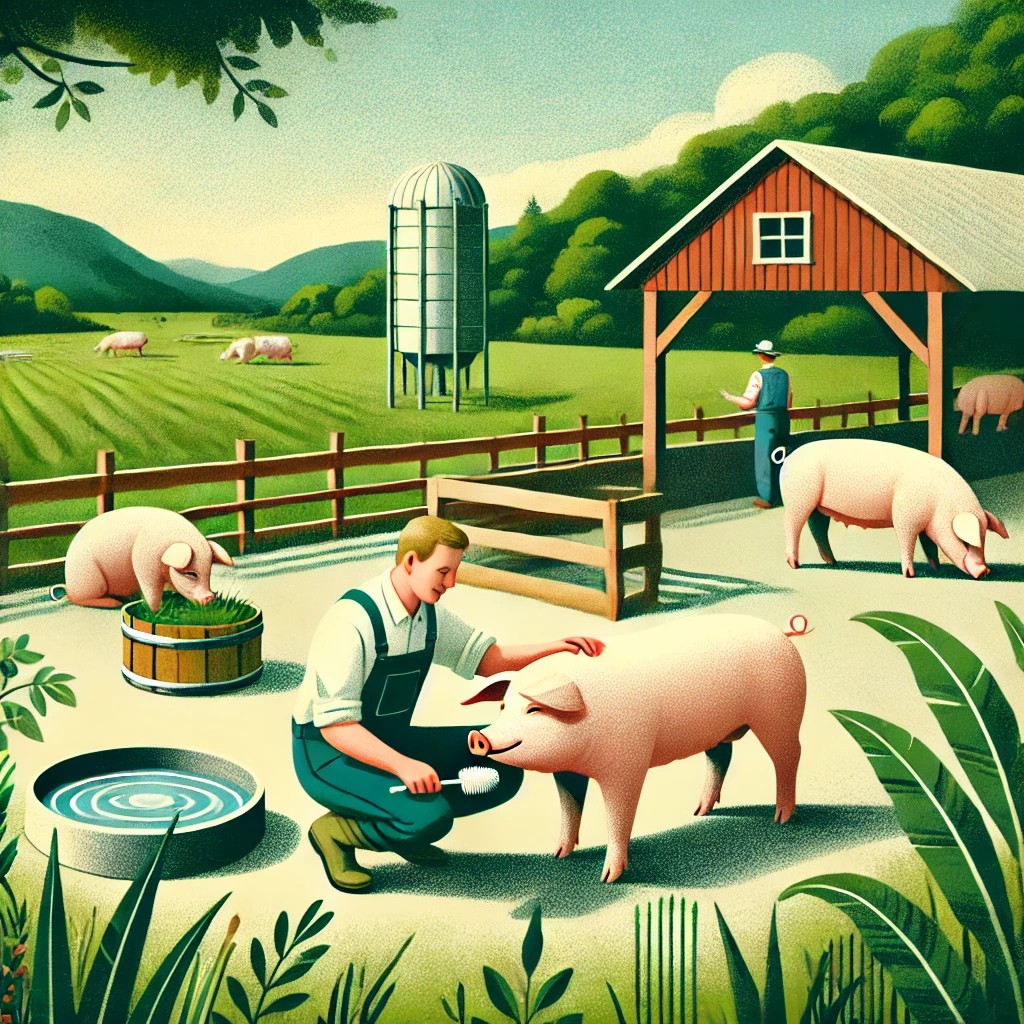The Berkshire Pig: A Heritage Breed with a Rich Legacy
The Berkshire Pig: A Heritage Breed with a Rich Legacy The Berkshire pig is a heritage breed with a reputation for its superior meat quality and endearing personality. Originating in the English county of Berkshire, these pigs have become a favorite among farmers, chefs, and consumers for their exceptional traits. Let’s delve into the fascinating history, characteristics, and benefits of raising Berkshire pigs. A Brief History The Berkshire pig has its roots in England, where it was first bred in the 17th century. Originally raised by English farmers in Berkshire, the breed gained prominence for its tender and flavorful meat. By the 19th century, Berkshire pigs were exported worldwide, earning a reputation as one of the most sought-after breeds for pork production. In Japan, the Berkshire pig gained even more prestige as it became the foundation for "Kurobuta" pork, a delicacy often compared to Wagyu beef for its marbling and flavor. This international acclaim has soli...
